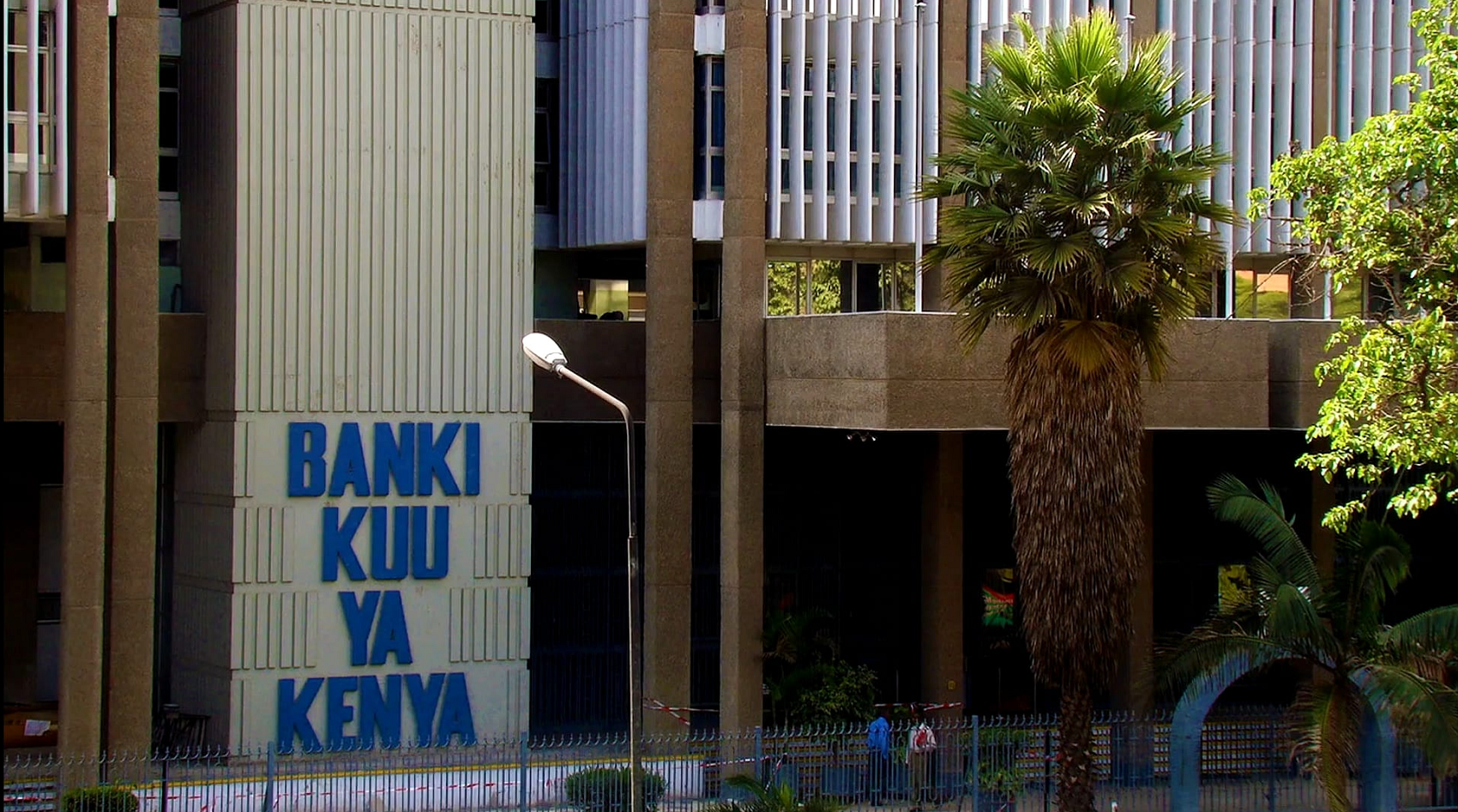Celebrations all over the world bring forth a sense of joy and nostalgic memories. Wikipedia defines celebration as: ‘act or event designed to commemorate something or make something special and enjoyable.’
It is that time when one reflects and takes down memory lane to count milestones they have realized in the personal life, careers and professions. One looks back with reminiscence at their triumphs, challenges and gets rebooted to continue in their professional journeys to achieve bigger things.
You reflect on your personal contributions towards humanity and other noble causes. Not so for over 200,000 teachers working in the private schools’ sector. In as much as this is their day as teachers, these forgotten lot have nothing to write home about their careers.
And, it has very little to do with Coronavirus. The Covid-19 pandémic only served to break the camel’s back. Their woes were only aggravated by the global outbreak. As the world celebrates the 2020 World’s Teachers Day on Monday, October 5, 2020, we could take a minute or so to reflect on teachers working in private schools.
Held annually on 5 October since 1994, World Teachers’ Day commemorates the anniversary of the adoption of the 1966 ILO/UNESCO Recommendation concerning the status of global teachers.
This Recommendation sets benchmarks regarding the rights and responsibilities of teachers and standards for their initial preparation and further education, recruitment, employment, teaching, and learning conditions. This is the day education stakeholders celebrate their most critical human force – teachers, and you can click here for in-home and online tuition.
In 2020, the World Teachers’ Day will celebrate teachers with the theme Teachers: Leading in crisis, reimagining the future. The day provides the occasion to celebrate the teaching profession worldwide, take stock of achievements, and draw attention to the voices of teachers, who are at the heart of efforts to attain the global education target of leaving no one behind.
The COVID-19 pandémic has significantly added to the challenges faced by already over-worked yet highly under-paid teachers in the private schools. It is no exaggeration to say that the world is at a crossroads and, now more than ever, we must work with teachers to protect the right to education and guide it into the unfolding landscape brought about by the pandemic.
Since mid-March, teachers in the private schools have had to contend with either significantly reduced or no salaries at all. This is despite the fact that their counter parts in the public sector continue to draw salaries six months down the line.
Private schools’ teachers have had to engage in demeaning jobs and all manner of odd tasks to fend for their families. They have been stigmatized, laughed at as they try to cope with the harsh realities of the global pandemic.
Although working in the private is more lucrative than in the government sector, the reality has now dawned on teachers that the former is very fragile and the job security is untenable. Most private school teachers are now languishing in the state of uncertainity. Most have had to relocate to the villages as they can no longer raise house rents. As the pandemic ravages schools all over the country, private school teachers have been hit hard.
However, the woes bedeviling the private schools’ teachers have not started with the Covid-19 outbreak – they have been simmering over a long period of time and the virus just brought them to the fore.
Myriad as they are, they can be streamlined if there was goodwill from the stakeholders in the private schools’ leadership. Hopefully. One day a teacher from a private school will enjoy his or her teaching profession like their colleagues in government schools. Here is the starting point:
To start with, this labour force should form their own labour union to agitate for and safeguard their labour rights. Private schools’ teachers have endured years of abuse and mistreatment from their otherwise employers ranging from dismissals without justifiable reasons to meagre salaries.
The government should legislate laws to promote good terms of engagement between the two parties. To leave a labour force of 200,000 teachers at the mercy of school owners is exposing them to exploitation and leaving them vulnerable to money-hungry proprietors.
Secondly and most urgent, there should be a scheme of service for teachers in the private schools. A scheme of service is a policy document that provides clearly defined career structures, well-defined job descriptions and specifications, standards for recruitment, training, advancement, career planning, and succession management.
Different private schools remunerate their teachers differently thus exposing them to untold exploitations. Career progression and promotion are dependent on one’s relationship with their boss thus throwing merit out of the window.
Sycophancy as taken the place of meritocracy thus promoting unhealthy competitions and mediocrity in some private schools. Thirdly, the working conditions and relations for private schools’ teachers need to be improved. Because of lack of proper government regulations, majority of teachers in private school live and work in deplorable conditions.
Out of desperation, these teachers ‘accept’ to work for long hours with little pay. Their remuneration is not proportionate to man-hours they put in. Employers are quick to punish and deduct their money at will.
More so, since private schools are equal opportunity employers, they should initiate pension schemes for their employees. If a teacher has invested 10, 20 or 30 years of service in a private school, he or she is likely to go for retirement without a single penny.
He or she has nothing to take home after a dedicated career service of many years. One retires poorer than he was when first employed. Worse still, one retires when they have spent their youthful years so as they go home, they have very little energy left to fend for themselves.
Lastly, there is the thorny issue of employee-employer relationships. There exists-love-hate relationships between these two parties. There is no neutral arbitrator who can resolve their simmering differences. Your employee only values the time you put for his or her business. When one leaves due to labour mobility, the relationship is terminated.
I believe the two should foster relationships that outlast situations. The bad blood that exists between the two should be resolved amicably by setting up a commission similar to the Teachers Service Commission (TSC).
If the above measures are taken, we would give these forgotten lots more reasons to celebrate the World’s Teachers’ Day with a smile. In the meantime, this day makes very little sense to private schools’ teachers.
Sorry, I didn’t want to dampen your celebratory mood, but let us for once, reflect on how we can make it better for private schools’ teachers.













Leave a comment